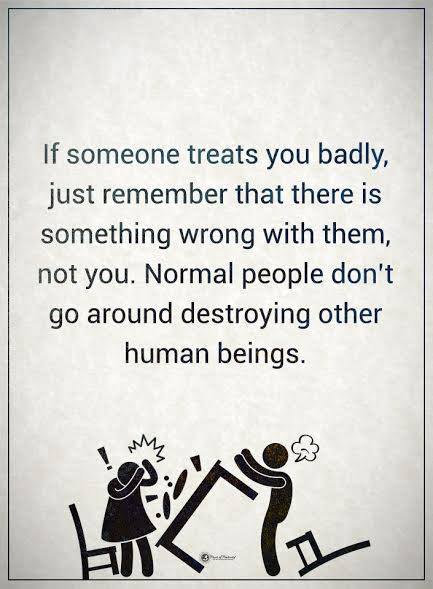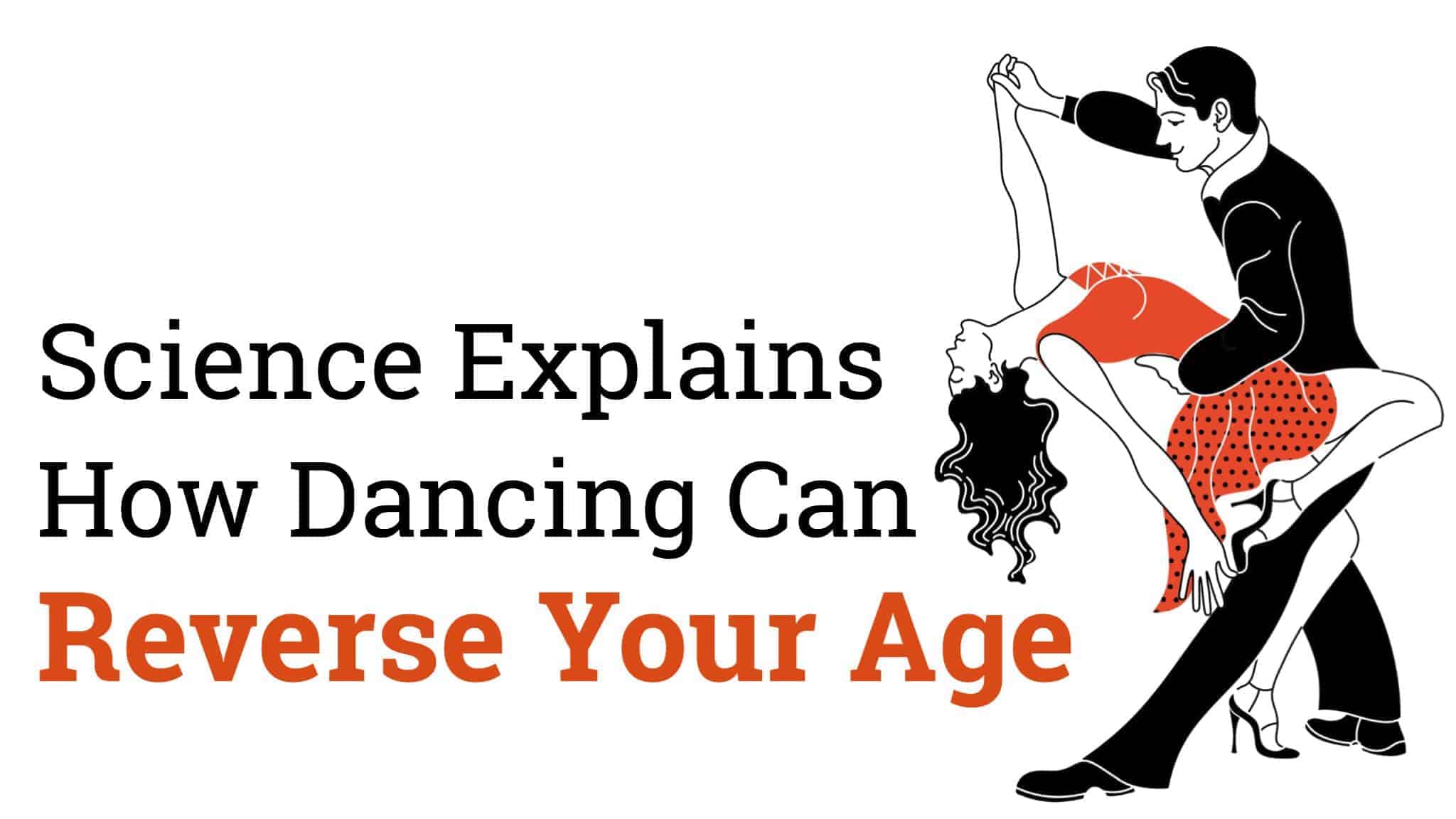There’s no doubt about it – last year was a trying year for many of us. We had to endure financial hardships, relationship troubles, mounting stress, and, in general, simply a collective exhaustion about the current state of affairs globally. We all want change, but until it comes, we all have to work to enjoy our lives the best we can. Fortunately, your zodiac sign can help guide your life path.
So we hope this article will help you this year and put things in perspective for you, according to your zodiac sign. Everyone needs advice sometimes, and we certainly don’t mind giving it when you might need it the most.
What Advice Do You Need To Hear, According To Your Zodiac Sign?

Aries (March 21st to April 19th)
Don’t make any decisions until you’ve had time to thoroughly think things through. Aries tend to jump the gun in many situations, either out of excitement, frustration, impatience, or all three. However, it does pay off to think about a choice before you act on it, because as we know, every action bears a consequence. Sure, taking risks can result in huge rewards, too, but even risk-takers weigh the pros and cons of their decisions before making them.
Just remember to think about how the decision will affect your life, and if it will benefit it positively, then we say: “Go for it!”
Taurus (April 20th to May 21st)
You might expect others to treat you how you treat them, and that would hold true in a perfect world, but it doesn’t always work that way here. You can give someone your whole heart, only to have it crushed and broken. However, this doesn’t mean you shouldn’t love with your entire being, because holding back could mean missing out on your one true love. Love everyone you come across; the right one will never want to throw your love away.
Gemini (May 22nd to June 21st)
While you have a free-spirited aura about you, dear Gemini, you also tend to weigh other people’s opinions too heavily in how you choose to live your life. Remember that only you can decide how you want to live, not others. No one knows but you what truly makes you happy, so always follow your heart, even if other people don’t see your vision. You aren’t here to please others; you’re here to find your route to happiness and success, even if you have to venture into uncharted territory.
Cancer (June 22nd to July 22nd)
As a fellow Cancer writing this article, I completely relate to the complex mind and heart of the crab. I know living in these times here on Earth can feel suffocating and exhausting, but we must rise with the tides and learn to brave the impending storms. This zodiac signs shows that we cannot blame others or force them to see things our way. Indeed, we must own our responsibilities and weaknesses, and learn to fend for ourselves. We also have to look at our strengths, and see how they can help us navigate turbulent seas. Use your sensitivity as a strength, because the world desperately needs our compassionate hearts right now.
Leo (July 23rd to August 22nd)
Those under the Leo zodiac sign tend to compare their lives to others, or wish their life looked a little different. However, this does nothing but allow depression to set in, and sucks the joy right out from under you. Learn to love your life now, and improve upon it as you go. Set goals and go after them, because complaining about your life won’t get you anywhere. Use your confident, cheerful attitude to your advantage, and do whatever your heart guides you to. Water your own grass, and don’t worry about how it looks on the other side of the fence.
Virgo (August 23rd to September 22nd)
Virgo, you tend to put people on a pedestal quite easily, and can fall victim to their mind games. You have a big heart, but don’t let people take advantage of that. Remember to set boundaries, and if someone can’t respect them, then show them the door. You deserve the best, so don’t settle for less than that.
Libra (September 23rd to October 22nd)
Libra, you can flit from one thing to another quite quickly, as your mind feels like an Energizer bunny running at full speed constantly. Give your mind a rest, and learn to enjoy the silence for a bit. Go deep within yourself this year to figure out what you really want to do with your life, and how you can make a living out of it. You may not enjoy conventional jobs as much, so let your entrepreneurial mindset take over in 2017. The effort you put in now will certainly show later on.
Scorpio (October 23rd to November 22nd)
Scorpio, you have innate creativity about you that can take you far in life. However, you sometimes wait around for other people’s approval instead of just forging ahead and trusting your own instincts and what makes you happy. Remember, you don’t need permission to be awesome, so just go ahead and light the world on fire with your brazen spirit, and the rest will fall into place naturally.
Sagittarius (November 23rd to December 21st)
Sagittarius, you have an adventurous, infectious personality, but you can get hot-headed pretty easily when things don’t go your way. Your zodiac sign reminds you to just go with the flow, and use the roadblocks as an opportunity to take a detour and enjoy the view from a new path. It isn’t always the situation, but how you react to it that can really make or break you.
Capricorn (December 22nd to January 20th)
Capricorn, you have an amazing work ethic, but you can get burnt out if you don’t learn to slow down and take time out for yourself. You don’t have to rush to accomplish your goals; in fact, you can enjoy that victory a lot more once you stop to smell the roses and treat life as an adventure rather than a race.
Aquarius (January 21st to February 18th)
Aquarius, you love to live in the clouds and daydream to your heart’s content, but unfortunately, you have to come back down to reality sometimes and deal with real life issues. You can get what you want in life, but you have to learn to deal with the less fun “adult” problems while still striving toward your dreams.
Pisces (February 19th to March 20th)
Pisces, you have an amazing sense of intuition, so why don’t you listen to it more often? If something doesn’t feel right in your gut, then make sure you listen to your instincts. The longer you ignore them, the worse the problem or situation will become, your zodiac sign warns.















